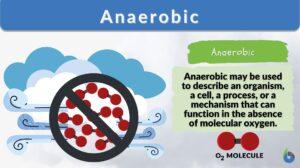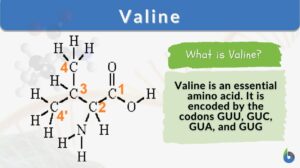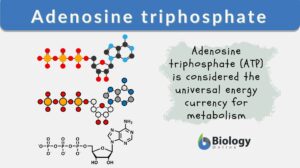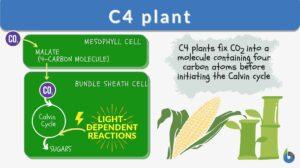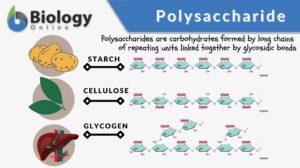Search Results for: oxidative metabolism
Krebs cycle
Krebs cycle, also known as the citric acid cycle or tricarboxylic acid (TCA) cycle, is a fundamental metabolic pathway that... Read More
Oxidative metabolism
oxidative metabolism respiration in the biochemical... Read More
Metabolism
Metabolism Definition What is metabolism in the body? Metabolism encompasses the various biochemical processes, reactions,... Read More
Catabolism
Catabolism Definition Catabolism is the branch of the metabolic process that breaks down complex, big molecules into... Read More
Metabolic pathway
Definition noun A series of chemical reactions catalyzed by enzymes and are connected by their intermediates, i.e. the... Read More
Phosphorylation
Phosphorylation Definition We can define phosphorylation as a biochemical process in which a phosphate molecule is added to... Read More
Mitochondrion
Mitochondrion Definition What are mitochondria? The term “mitochondrion” comes from the two words of the Greek... Read More
Chemiosmosis
Chemiosmosis Definition What is chemiosmosis? In biology, chemiosmosis refers to the process of moving ions (e.g. protons)... Read More
Obligate aerobe
Before we define obligate aerobes, let us first understand and define aerobic organisms. Aerobic organisms are those that... Read More
Endoplasmic reticulum
Endoplasmic Reticulum Definition The endoplasmic reticulum is a membrane-bound organelle in cells of eukaryotic cells... Read More
Cellular respiration
Cellular Respiration Definition What is cellular respiration in simple terms? Cellular respiration can be defined simply as... Read More
Protein Activity and Cellular Metabolism
Protein Binding Sites The ability of various molecules and ions to bind to specific sites on the protein surface forms the... Read More
Glycolysis
What is Glycolysis and Why is it Important? Glycolysis is a metabolic pathway by which the 6-carbon molecule of glucose is... Read More
Carbohydrate
Carbohydrate Definition A biomolecule refers to any molecule that is produced by living organisms. As such, most of them... Read More
Skeletal muscle
Definition noun, plural: skeletal muscles A voluntary, striated (vertebrate) muscle that is associated with the skeleton,... Read More
Fermentation
Fermentation Definition What is fermentation? Fermentation is the breaking down of sugar molecules into simpler compounds... Read More
Adenosine triphosphate
Adenosine Triphosphate Definition noun plural: adenosine triphosphates (biochemistry) An organic compound that is... Read More
Muscular system
Muscular System Definition What is the muscular system? The muscular system is a system that includes muscle cells and... Read More
Endomembrane system
Ever wondered how biomolecules are made within the cell and then they are released outside the cell for use by the body?... Read More
Lactic acid
Definition noun (1) A colorless or yellowish, syrupy, water-soluble liquid, which is a byproduct of anaerobic glucose... Read More
Monosaccharide
Monosaccharide Definition In biology and biochemistry, a monosaccharide is a simple sugar that constitutes the building... Read More
Aerobic respiration
Definition noun (1) A form of cellular respiration that requires oxygen in order to generate energy. (2) The process of... Read More
Aerotolerant
Aerotolerant Definition The term "aerotolerant" pertains to an organism that does not require oxygen for growth but can... Read More
Adenine nucleotide
Definition noun plural: adenine nucleotides A nucleotide wherein the nucleobase is adenine Details Overview A nucleotide... Read More
Plant Metabolism
Introduction Plants are responsible for incredible feats of molecular transformation. The processes are always being... Read More
Calvin cycle
Calvin Cycle Definition The Calvin cycle, also known as the Calvin Benson cycle or the dark reactions, is a series of... Read More
Aerobic bacteria
Aerobic Bacteria Definition What does aerobic mean in biology? As the name suggests, 'aerobe' in biology means organisms... Read More
Polysaccharide
Polysaccharide Definition Biology Definition: A polysaccharide is a carbohydrate formed by long chains of repeating units... Read More





